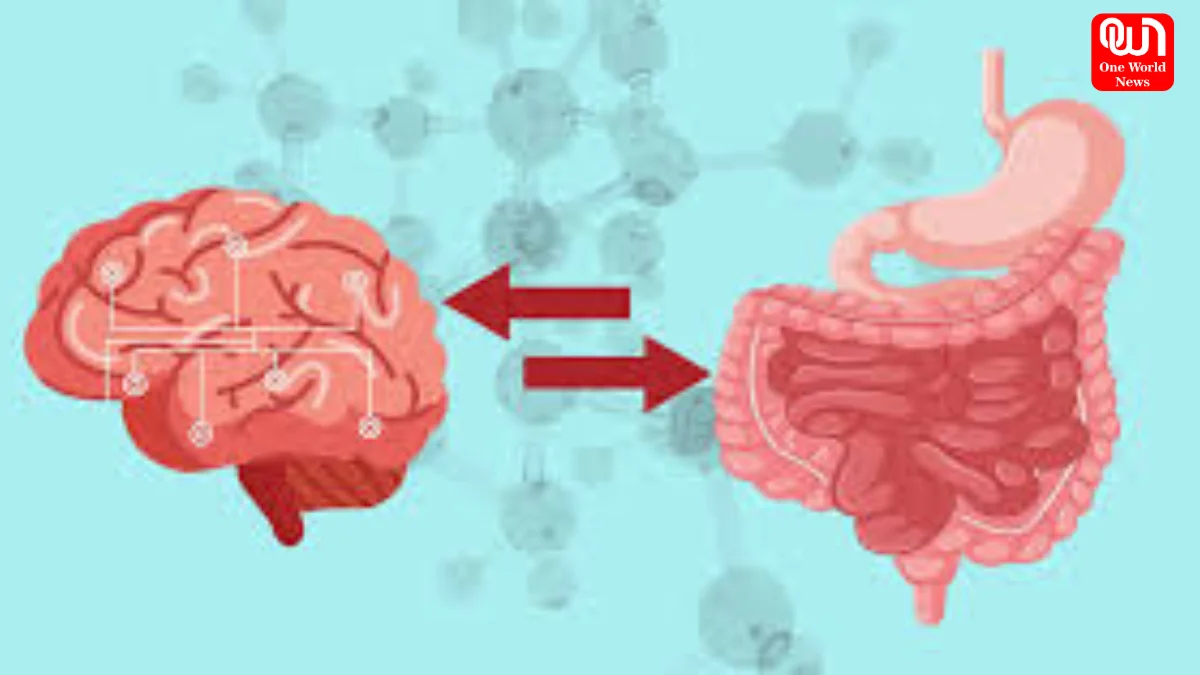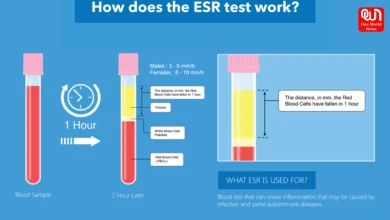Gut-Brain Connection: Understanding How Your Stomach Affects Your Mood
Discover the gut-brain connection and how your stomach health affects mood, stress levels, and overall mental well-being naturally and effectively
Gut-Brain Connection: How Your Stomach Health Directly Influences Your Mood and Mental Well-Being
The gut-brain connection is a complex communication network linking your digestive system and brain. Scientists now understand that your stomach and intestines play a key role in influencing mood, stress, and even cognitive function. This relationship goes beyond simple digestion and is vital for overall mental well-being.
How the Gut Communicates with the Brain
Your gut contains millions of neurons forming the enteric nervous system, often called the “second brain.” This network communicates with your brain through the vagus nerve, sending signals that affect emotions, stress response, and mental clarity. Neurotransmitters like serotonin, largely produced in the gut, also play a critical role in mood regulation.
Read more: Top 10 Largest Dog Breeds In The World: Gentle Giants You’ll Love
The Role of Gut Microbiome in Mental Health
A healthy gut microbiome, composed of trillions of beneficial bacteria, is essential for proper brain function. Imbalances in gut bacteria can trigger inflammation and affect neurotransmitter production, leading to anxiety, depression, and mood swings. Foods rich in probiotics and prebiotics help support a balanced gut environment.
Symptoms of a Disrupted Gut-Brain Connection
Disruptions in the gut-brain axis can manifest in both physical and emotional symptoms. Common signs include digestive issues, bloating, brain fog, irritability, low mood, and heightened stress levels. Recognizing these symptoms early can help in restoring gut health and improving overall mental wellness.
How Diet and Lifestyle Influence the Gut-Brain Connection
Nutrition plays a pivotal role in supporting the gut-brain connection. Diets high in fiber, fermented foods, and omega-3 fatty acids promote a healthy microbiome. Regular exercise, stress management, and adequate sleep further strengthen the communication between the gut and brain, improving mood and cognitive function.
Read more: Momos And Dumplings: Understanding The Key Differences Between These Asian Street Food Favorites
Tips to Strengthen Your Gut-Brain Connection
Incorporating small, consistent habits can make a big difference. Include probiotic-rich foods like yogurt, kefir, and kimchi, eat more fiber from vegetables and whole grains, reduce processed sugar, and practice mindfulness techniques. Staying hydrated and limiting alcohol intake also supports gut and brain health.
Conclusion
Understanding the gut-brain connection is essential for overall health. By nurturing your gut through diet, lifestyle, and stress management, you can positively influence your mood, reduce anxiety, and support long-term mental well-being. Paying attention to your digestive health is not just about your stomach—it’s about your mind too.
We’re now on WhatsApp. Click to join.
Like this post?
Register at One World News to never miss out on videos, celeb interviews, and best reads.








